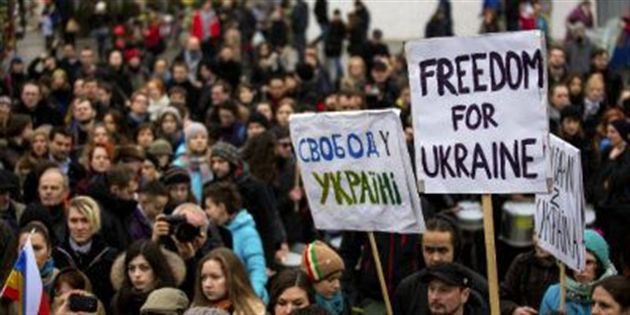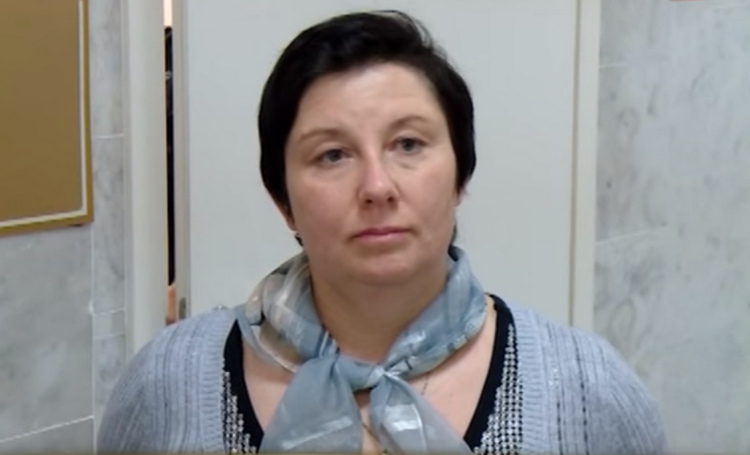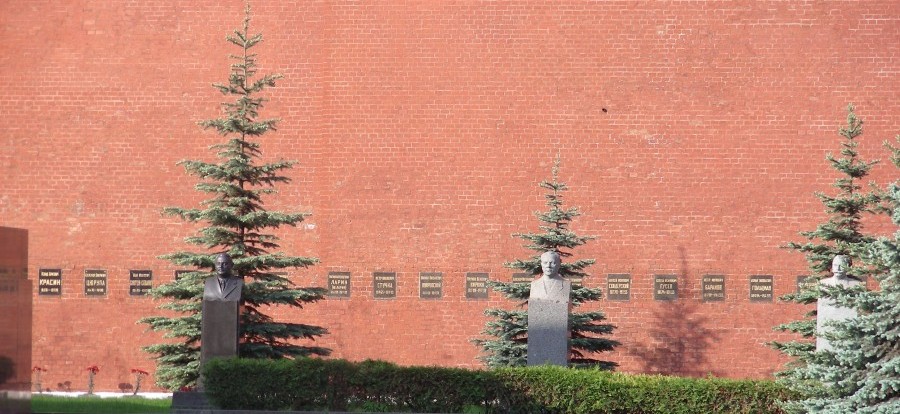Moscow’s annexation of Crimea and intervention in Ukraine’s Donbas has left many Ukrainian Baptist communities in a difficult state because the occupation authorities do not want to recognize them unless they break their ties with Kyiv and subordinate themselves to Moscow.

But it has also, Ihor Bandura, the vice president of the Ukrainian Baptist community organization, highlighted differences between Ukrainian Baptists and their Russian co-religionists, differences that will make it very difficult to avoid having the conflict take on a religious dimension.
“We have become witnesses of the ways in which political discourse is capable of influencing relations between Christians,” the Baptist leader says. “Ukrainian and Russian Baptists have one faith, a common history, and much in common in the practice of church life, service and mission.”
But unfortunately politics has entered in “far beyond the range of the permissible,” Bandura continues, and today, “Russian brothers have not accepted the position of Ukrainian Christians on events before, during and after the Maidan,” and they have condemned Kyiv while praising everything Moscow does, in violation of church norms.
“For us, the authorities are not ‘a holy cow,’ and the source of power – according to the Constitution – is not the president and government but the people. We have thus a different situation regarding religious freedom and other prospects for the development of the church,” Bandura suggests.
“We hope that these differences will be overcome, and the continuing contacts, which we have, will step by step help to achieve agreement on issues that today are creating tensions. We value the assistance of those churches in Russia, which suffer together with us, and hope that our prayers and God’s goodness and mercy will lead to agreement with all the others.”
Many Baptist congregations are in Russian-controlled territories or in those where there is fighting between Ukrainian and Russian forces. There are 100 such churches in Donetsk oblast, 74 in Luhansk oblast, and many in occupied Crimea as well, where only a few have succeeded in re-registering. Conditions are bad and “approximately a third” of the Baptists in these areas have fled to unoccupied parts of Ukraine.
“The majority of churches of the Baptist Brotherhood provide continuing help to the churches in the zone of the humanitarian catastrophe, although it is now very complicated to provide such aid,” Bandura says. The Russian church could do more, but the Ukrainian one continues to represent these congregations at international meetings, preparing reports and maintaining what ties they can.
Tragically, he concludes, “the presence of a religious component in the current conflict is beyond doubt, and work is being conducted to minimize the possible consequences of religious antagonism. The Baptist churches support Ukraine in prayer and provide material assistance to it… For me,” Bandura says, Baptist “solidarity with Ukraine is obvious.”








